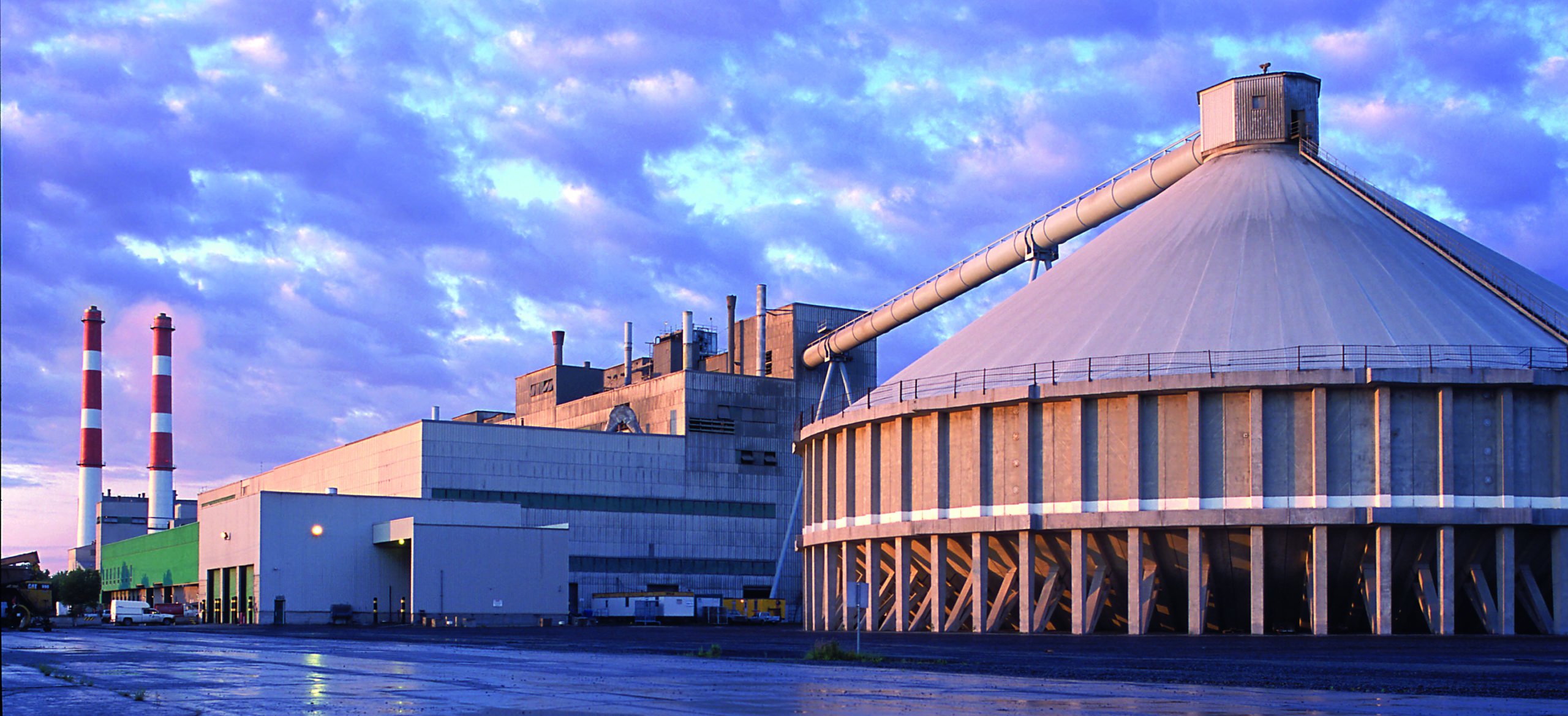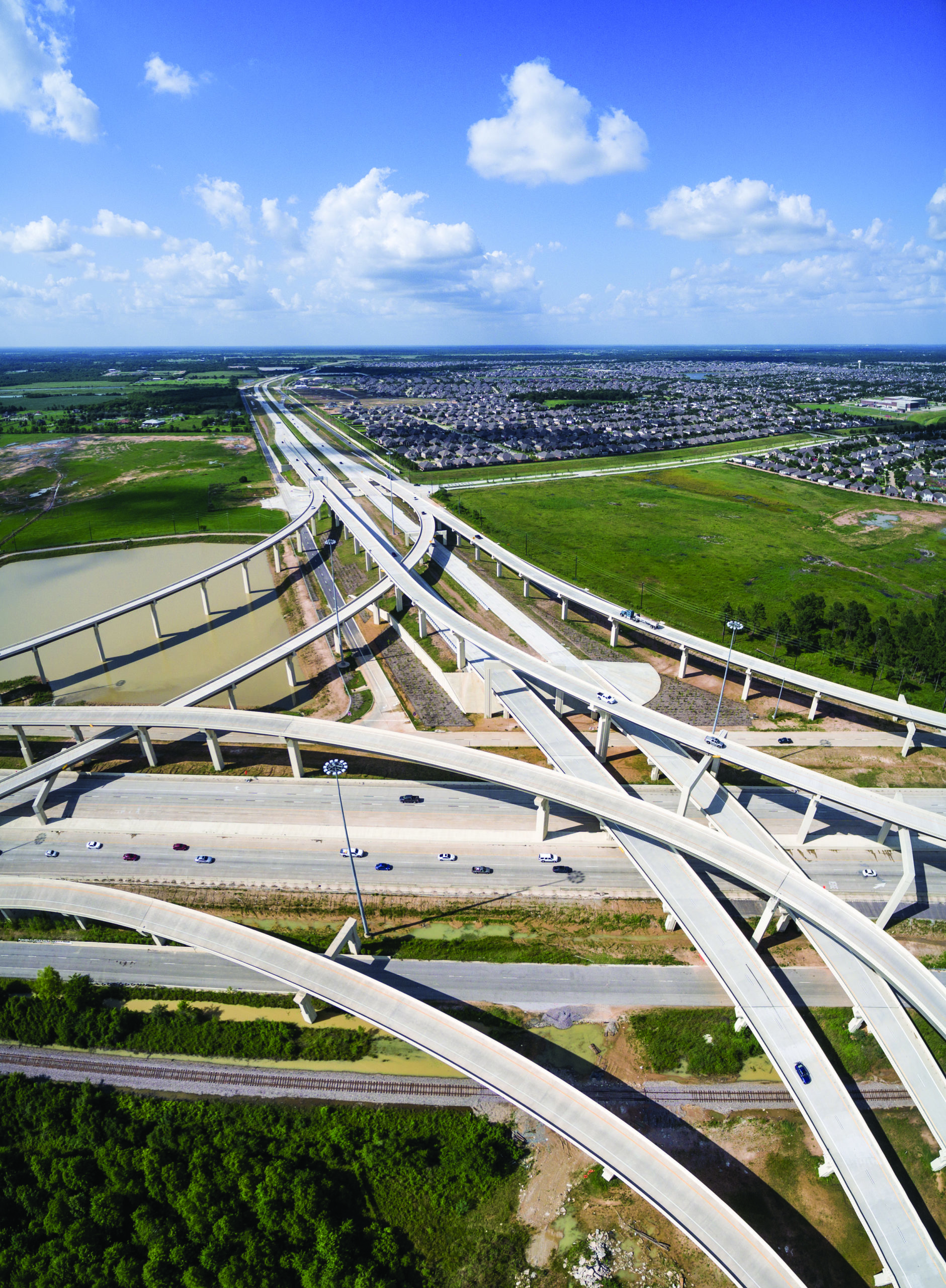Mike Ireland, president and chief executive of the Portland Cement Association, said his members could reduce emissions—with federal government help to develop and lower the cost of carbon capture.
Month: April 2021
Portland Cement Association Earns 2021 ENERGY STAR® Partner of the Year Award
Paving the Way to a Sustainable Future
Tom Beck
President, Continental Cement
Concrete is the foundation of our transportation system – forming the roads, bridges and runways that connect us across the nation. It is also the foundation of a sustainable transportation system, playing a role in cutting vehicle emissions and energy expended on maintenance.
Fuel consumption and vehicle emissions depend on factors like vehicle size and engine type. However, drivers might be surprised to learn the condition of the roads we drive on also impacts our vehicles’ fuel efficiency. In fact, damaged pavements can increase fuel use – and their associated greenhouse gas emissions – by as much as 15%.
There are three factors that create additional, unnecessary friction for vehicles leading to reduced fuel efficiency:
- The roughness of the road, commonly seen and felt as cracks and potholes.
- The texture of the road, which impacts noise, smoothness, and traction.
- The stiffness of the road, affecting the amount to which a pavement bends under the weight of vehicles.
To create more optimal pavement conditions, we must build and maintain stiffer and smoother roads – and concrete pavement meets both criteria.
Concrete pavements can prove a useful solution for transportation departments, and therefore states, to meet emissions targets by reducing the fuel consumption of the vehicles that drive on them.
Studies across the U.S. have shown the impact of rough pavements on the environment. In an analysis of Missouri’s highway network, researchers found that improving the state’s roads with smoother more durable pavement would result in significant emissions reductions of 29.9 million metric tons of C02[1]. This would be the equivalent of greenhouse gas emissions from 6.4 million passenger vehicles in one year.
According to research from the Massachusetts Institute of Technology Concrete Sustainability Hub, if concrete pavements comprised the entire U.S. road system, fuel consumption would decrease by an estimated 3% nationwide, because concrete roads are inherently smooth and stiff. This decrease in fuel consumption corresponds to a reduction of approximately 46.5 million metric tons of greenhouse gas emissions, annually.
Not only do concrete pavements contribute to reduced emissions, the fact that they also have the longest lifespan of any paving material makes them the most sustainable paving option. A survey conducted by the U.S. Department of Transportation found that concrete pavements last an average of 29.4 years before a major rehabilitation is required. Due to their durability, they do not deteriorate as quickly as other pavement types and requires less frequent maintenance – which saves energy and emissions associated with that upkeep.
When I think about paving the way to a more sustainable future, it is literally shaped by concrete.


